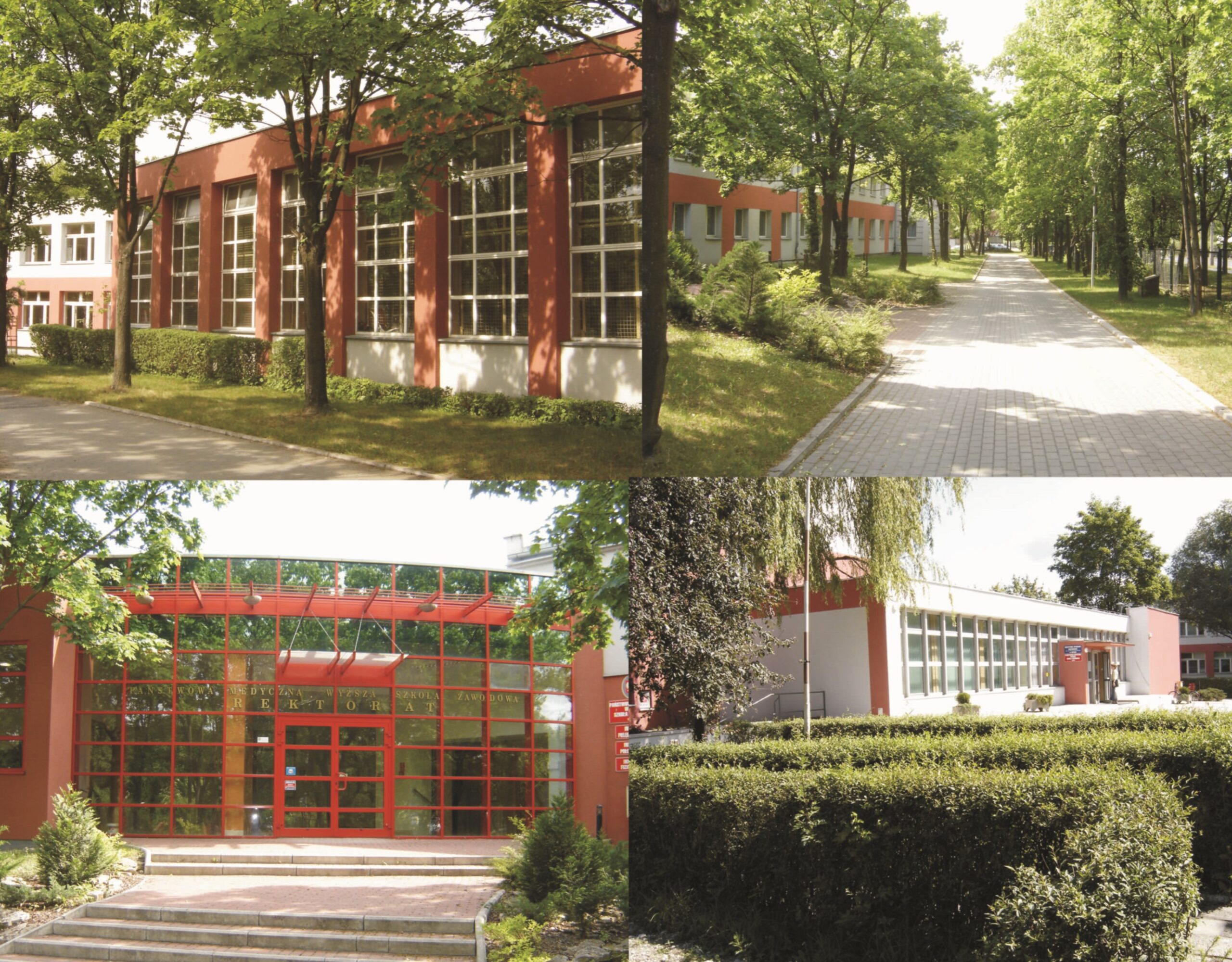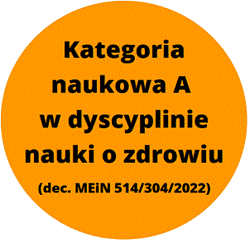The State Medical Higher Vocational School in Opole, the only state higher vocational school in Poland with a medical profile, was established on May 15, 2003. The first Rector (until 2012) was Prof. Andrzej Steciwko. At the beginning of the 21st century, the authorities of the dynamically developing Opole region focused on strengthening the region’s scientific and educational potential.
In the landscape of higher education institutions, there was a lack of a medical university – one that would initially educate mid-level medical personnel and, with the development of academic and scientific staff, could also train higher-level medical professionals. Over 17 years of activity, PMWSZ indeed fulfilled this role. Starting with two bachelor’s programs, by 2020 the school offered five fields of study, both at the bachelor’s and master’s level.
In the early years of PMWSZ’s activity, during the organization of teaching facilities, academic staff, and the administrative infrastructure of the new institution, less emphasis was placed on conducting local scientific research. In 2013, research activity was formally incorporated into the university’s development strategy by a resolution of the Senate. A true scientific evolution followed, and in 2017 PMWSZ was ready, for the first time and on a voluntary basis, to participate in the ministerial evaluation of scientific activity, submitting for review the research achievements from 2013–2016. The expert evaluation confirmed the high quality of the four years of work – category A was awarded in the discipline of medical sciences to the Faculty of Physiotherapy.
In order to strengthen the professionalization of research activity, in 2017 the university established a Research Section to support scientific evaluation in various disciplines. In 2018, as part of ongoing discussions with the University of Opole on merging both institutions, health sciences were designated as the evaluation discipline. Research equipment and instruments for physiotherapists were purchased, and a biomedical laboratory was equipped.

In 2019, a Research Institute was established under the leadership of Prof. Henryk Kozłowski, an outstanding scholar of international renown and the founder of bioinorganic chemistry in Poland, who, together with his team, initiated pioneering basic research in medical chemistry at PMWSZ. The team obtained two significant National Science Centre (NCN) research grants: in 2018, funded under the SONATA 14 competition: The interaction of iron ions with heat shock protein B1 (project leader: Dr. Agnieszka Szebesczyk), and in 2020, funded under the OPUS 19 competition: Thermodynamics of interactions between betacoronaviruses and human cell receptors (project leader: Assoc. Prof. Danuta Witkowska).
The Institute of Health Sciences of the University of Opole, again under the leadership of Prof. Henryk Kozłowski, on July 15, 2020, smoothly took over the research and technical facilities, academic staff, and advanced scientific projects conducted within PMWSZ’s Research Institute in the discipline of health sciences. It also defined new research priorities related to the obligatory criteria for scientific activity evaluation, aligned with the mission, vision, and research standards of the University of Opole as an academic institution. On December 31, 2021, the process of submitting scientific achievements for evaluation by the Science Evaluation Committee and the Ministry of Education and Science was completed. The Institute presented experts with research outputs developed both at PMWSZ in Opole and at the University of Opole. These included publications in the most prestigious journals in health sciences, financial results from research projects and commercialization in medical chemistry, and case studies clearly demonstrating the impact of flagship research in physioprophylaxis on the social and economic environment.
 In 2022, experts awarded category A to the discipline of health sciences at the University of Opole. Consequently, the University obtained the rights to confer doctoral and habilitation degrees in health sciences, enabling the Institute – for the first time – to involve its staff in the process of awarding academic degrees within its home university.
In 2022, experts awarded category A to the discipline of health sciences at the University of Opole. Consequently, the University obtained the rights to confer doctoral and habilitation degrees in health sciences, enabling the Institute – for the first time – to involve its staff in the process of awarding academic degrees within its home university.
The mission of the Institute of Health Sciences is to conduct scientific research and development work in the fields of medical and health sciences, particularly in the discipline of health sciences, to prepare results for publication or implementation in practice, and to educate a new generation of researchers specializing in this broad discipline. A distinctive feature is the interdisciplinary nature of research in health sciences, understood as knowledge about health and disease, various biochemical processes related to the functioning of the human body, as well as the application of this knowledge to identify research areas aimed at solving major public health challenges and, in the long term, improving population health.